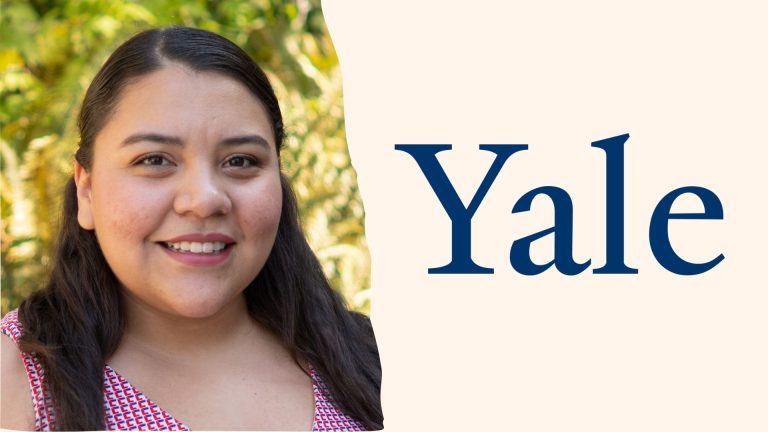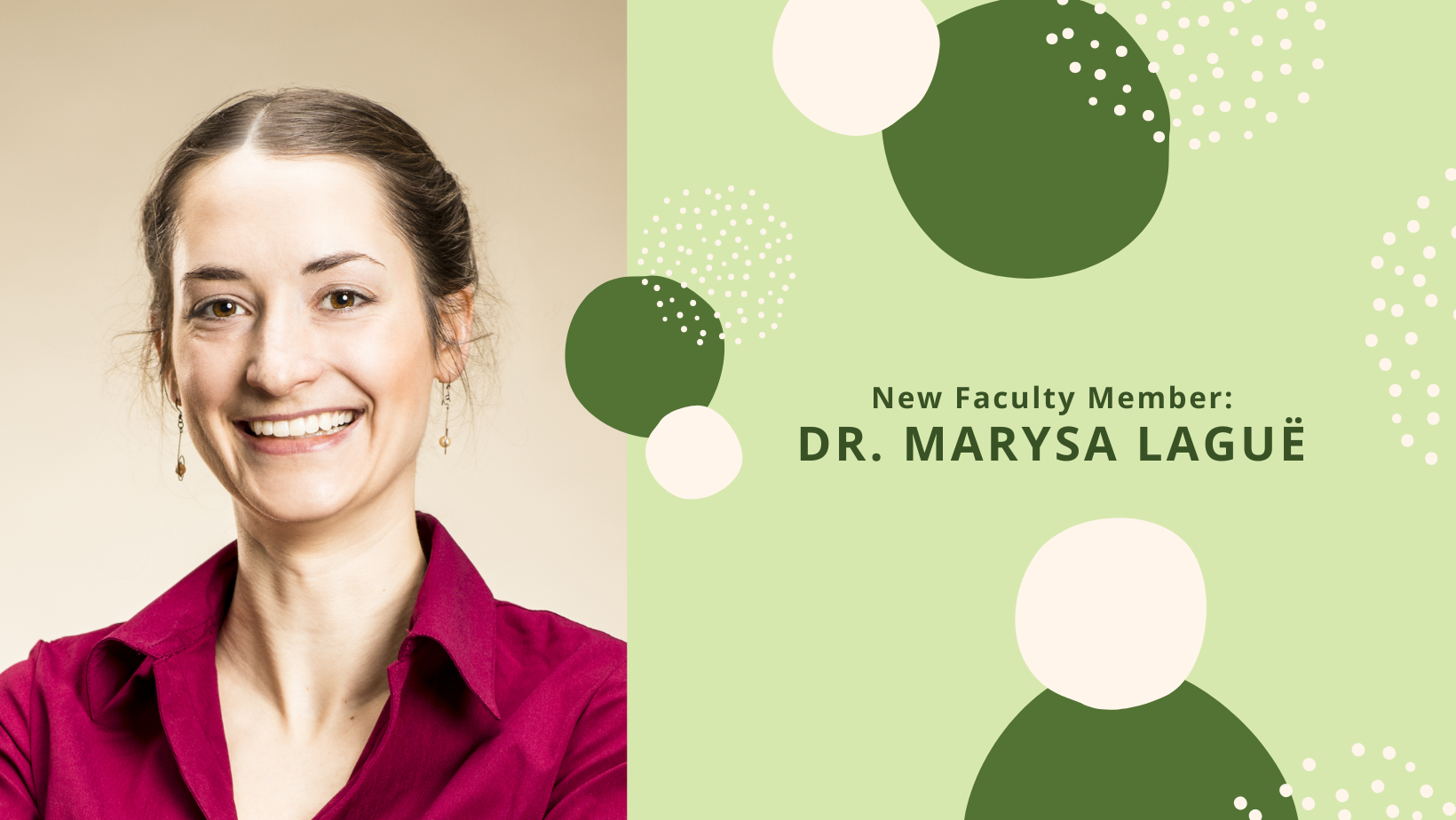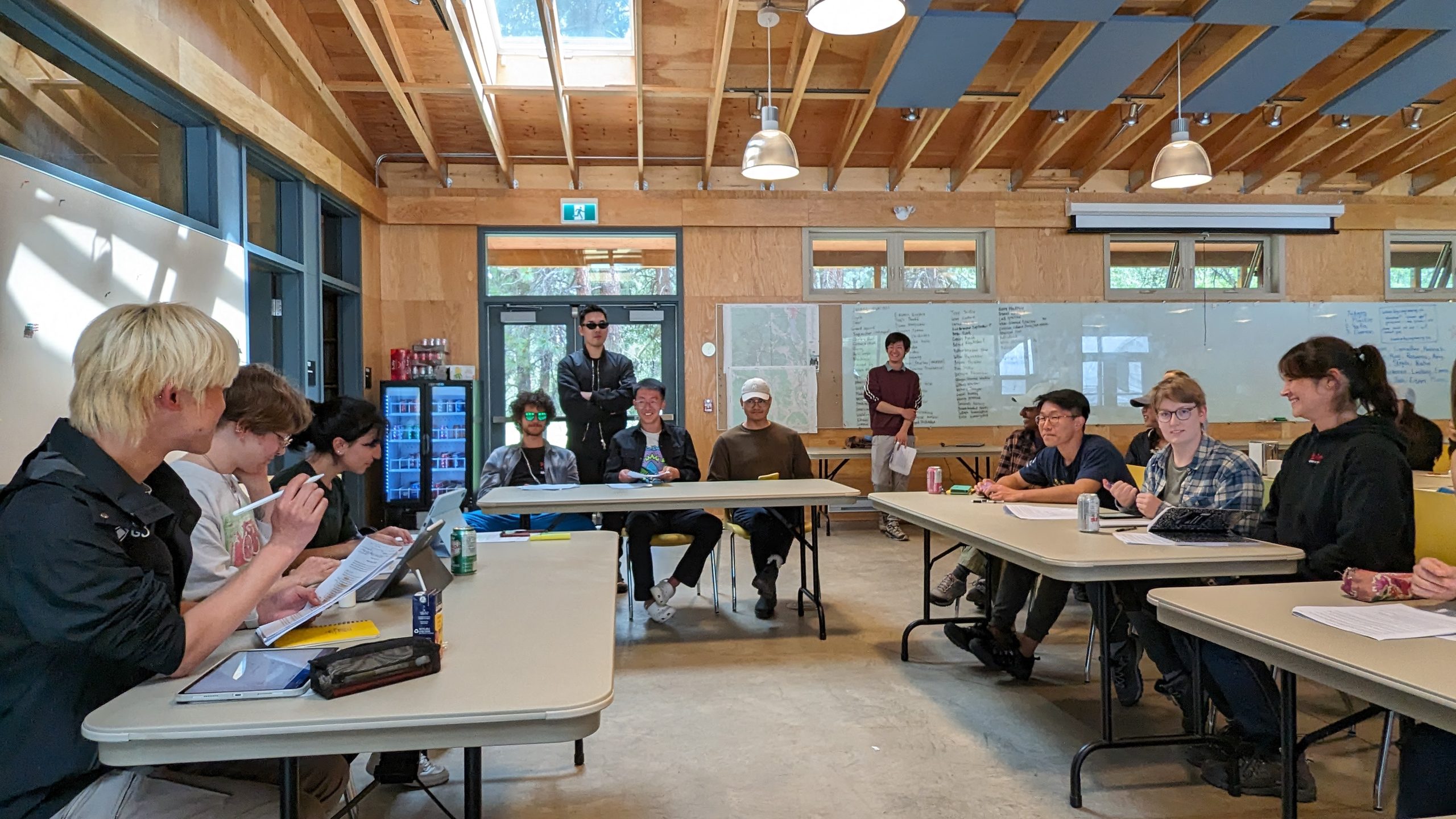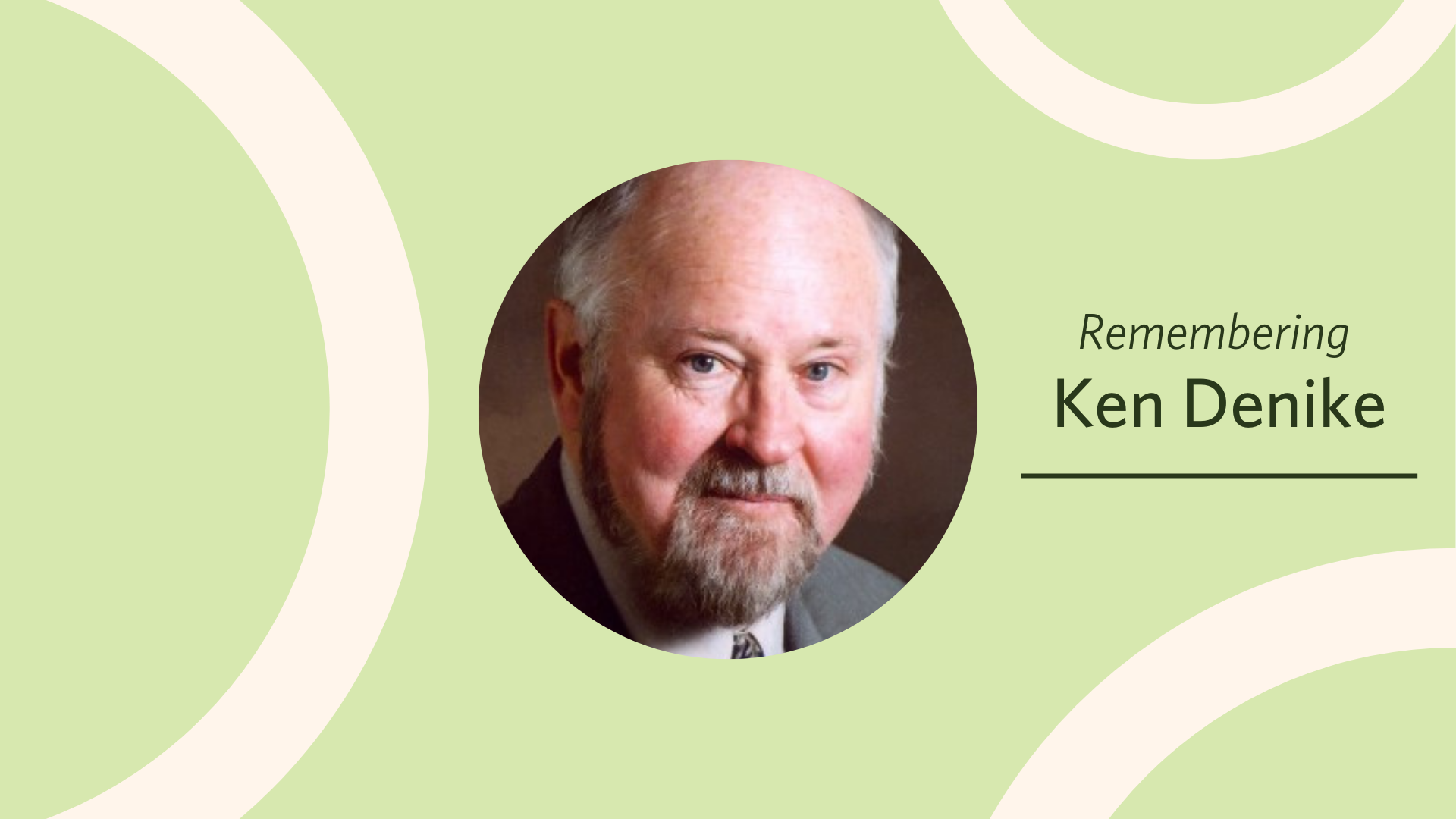

María Cervantes is a PhD candidate in the Department of Geography, and has been named a 2022 Yale-UBC Fox International Fellow for her ongoing research into the experiences of highly skilled migrants.
She will be in residence as a Visiting Assistant in Research at the Whitney and Betty MacMillan Center for International and Area Studies at Yale University from August 2022 to May 2023.
María Cervantes is researching the journey that she and thousands of others have made – the move from Mexico to Canada as a skilled worker.
In early 2020, Cervantes was just finishing up her masters thesis — which explored the experiences of highly skilled Mexican migrants in Vancouver — when the pandemic hit. Finding that her first instinct was to go home and begin her PhD work remotely, but knowing that decision was fraught with the complexities of both immigration and tax law, she became curious about the effect that COVID was having on other people in similar positions.
“I noticed how these little cracks in the system were happening, and I had to make very fast decisions about things I wasn’t expecting and didn’t know the consequences of,” she says. “So that started making me curious about what actually makes people feel at home in the city that they’re moving to. You can feel like you’re split into two places, and at some point you have to choose where you actually want to be. But most of those choices are constrained by what policy allows you to do.”
Once she was settled back home in Mexico, Cervantes decided to explore the experiences of two Mexican migrant populations in ostensibly similar areas — Vancouver and Seattle — but experiencing the different legal and cultural settings of Canada and the United States. Asking not just about the major forces that shaped their lives, like jobs and immigration status, but also how they found community and created support networks in their new chosen homes.
While her research is still in the early stages, after just two years there are already some interesting patterns emerging — many spurred by the pandemic. First, instead of using vacation time to go home briefly, people are going to see family in Mexico for a month or more at a time, and working remotely during their visit — provided it is permitted by their company. “Before [the pandemic] they went at least two times a year, maybe three, but for shorter periods of time to use up their vacation. With remote work, they take a bit longer to go and work from there,” explains Cervantes.
Many of her Seattle interviewees work for large tech companies, who tend as default to authorise employees for remote work both in the US and their home country. Although people who are in the process of applying for a green card cannot leave the country; a situation many find stressful and frustrating. People in Vancouver, though also working remotely, would have to negotiate their ability to work outside of Canada, with much less flexibility, so Cervantes found that fewer of them tend to do so in comparison to their counterparts in the US.
As a result, Cervantes foresees a future where people increasingly want to split their time between their home country and new location, rather than only seeing their families during vacation. “That’s definitely something that came up in my interviews as an ideal situation. Even for myself, my ideal would be to live in Vancouver from May to October, and then go to Monterrey.”
The pandemic has actually already pushed many major companies to begin to put such infrastructure in place. Large international organizations like Facebook and Microsoft can easily employ people in both the US and Mexico. However, a sticking point that came up frequently in interviews was the adjusted cost of living. Employees who moved to a different state during the pandemic were often forced to take a pay cut due to the reduced average cost of living in their new state. She wonders how this will translate when it comes to international moves — particularly if employees want to split their time between countries. One interviewee she spoke to was offered just 25% of their US salary when living in Mexico, yet another working for a different company kept the same salary.
“I think it will depend on how companies decide to deal with these situations, and I am interested to see how immigration will advance or change policies in response to remote work,” she says.
However immigration was not the policy most frequently mentioned by interviewees as causing problems — the real culprit was tax. “That’s really what limits people’s ability to be somewhere else for long periods of time,” explains Cervantes. She is interested to see whether companies themselves start to put pressure on policymakers in this area in the coming years.
Another area of concern that came up for Mexicans working abroad was healthcare – particularly during the pandemic. “Taking into account that I am speaking to people who are, for the most part, very privileged in Mexico, it’s been a pretty big source of frustration for people to have to deal with the healthcare system in Canada and the US,” says Cervantes. “Most people use private healthcare in Mexico, and it’s relatively affordable compared to Canada and the US. That’s why we have healthcare tourism.”
Even people who are being paid well in the US still struggle to afford care in the country. “They feel very frustrated about the lack of quality in health care, and how expensive it is,” says Cervantes. “They don’t really know how to access it, especially in terms of mental health services, which were more of an issue during the pandemic. Even in Canada, where we have universal health care, it’s very hard to find appointments and everything is kind of complicated. So for the most part, if people get sick they would rather fly to Mexico and be seen there.”
In a future with a more mobile remote workforce, it is not just proximity to family that matters, but also the stability and usability of these systems that you have the right to access in your home country, but which may be rife with barriers – visible and invisible – abroad.
It’s another reason why Cervantes expects the skilled migrant workforce of the future to be increasingly judicious in shopping for a new place to call home. “My expectation would be that if their skills are in demand, highly skilled immigrants will prioritize flexibility in these [immigration, tax and residency] arrangements when choosing a country.”
In terms of how she would like her research to contribute to this future, Cervantes is especially keen for changes to the Canada–United States–Mexico Agreement (USMCA; formerly known as NAFTA) which encourages trade between Canada, the US and Mexico. Not only does the agreement pre-date much of the digital economy, and certainly the era of remote work, but she feels it is underutilized by Canada in particular.
“Highly skilled migration is one of the areas where these three countries could really get on board with some different arrangements — like responding to the pandemic — and then hopefully cause some trickle-down effect to other types of migration that could end up benefiting Mexico in general,” she explains.
Like other countries with robust education but poorer economic prospects, Mexico has experienced a ‘brain drain’ of highly skilled workers emigrating in recent years. “There’s definitely this feeling of ‘I’m proud of being Mexican, but I’m also worried that there aren’t enough opportunities for me in Mexico, so I have to go. But that doesn’t mean that I want to be disconnected from the country,’” says Cervantes.
What would she love to see the USMCA become? Something a little more like the European Union, she says. “I understand the power imbalance between the three countries is much stronger than in the EU, but you have to create more paths for circularity — even if it’s not permanent migration. I mean, there are a lot of Canadians and Americans working in Mexico, especially during the pandemic. So we need to be reciprocal. If I can contribute in any way to that, that will be my ideal.”


